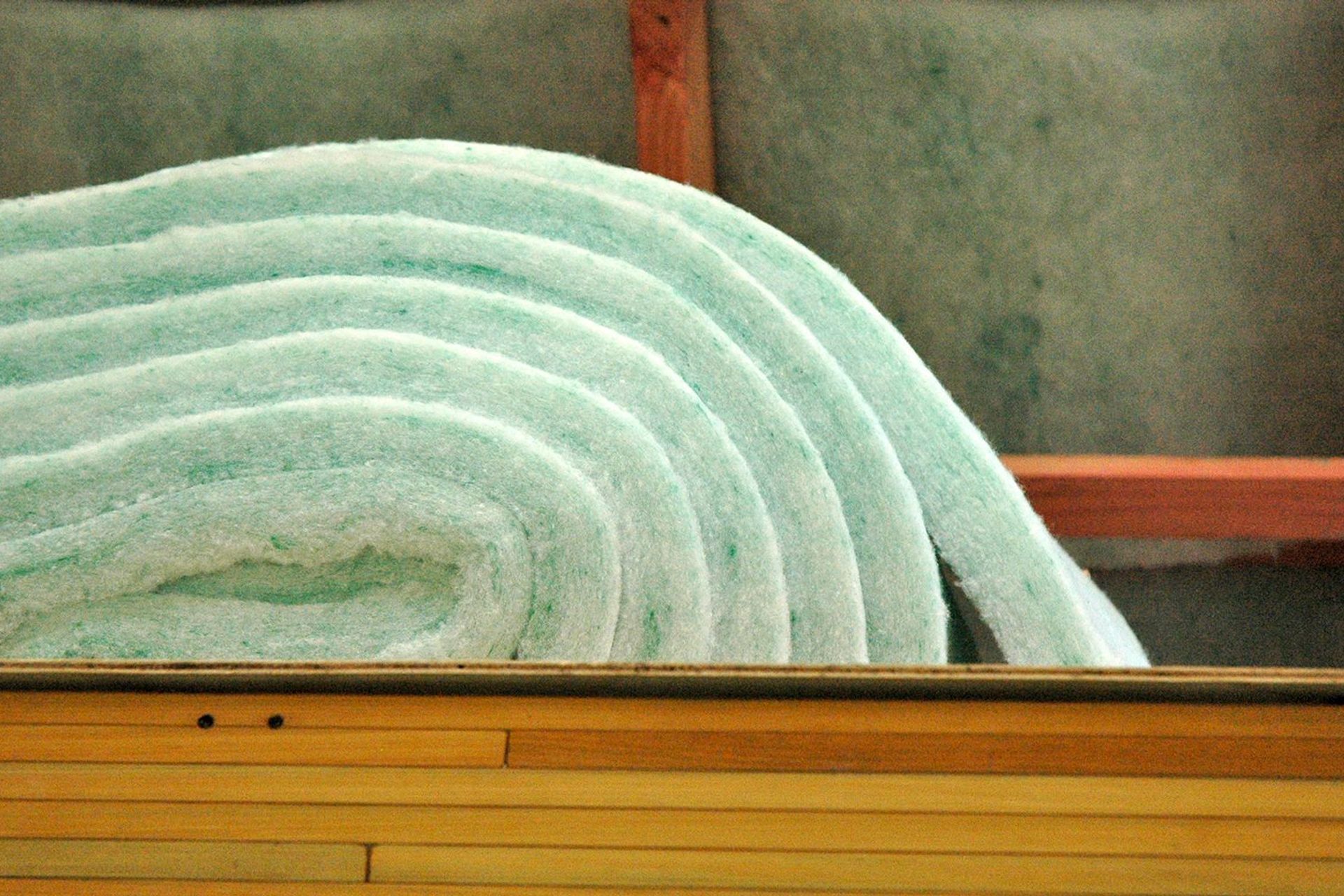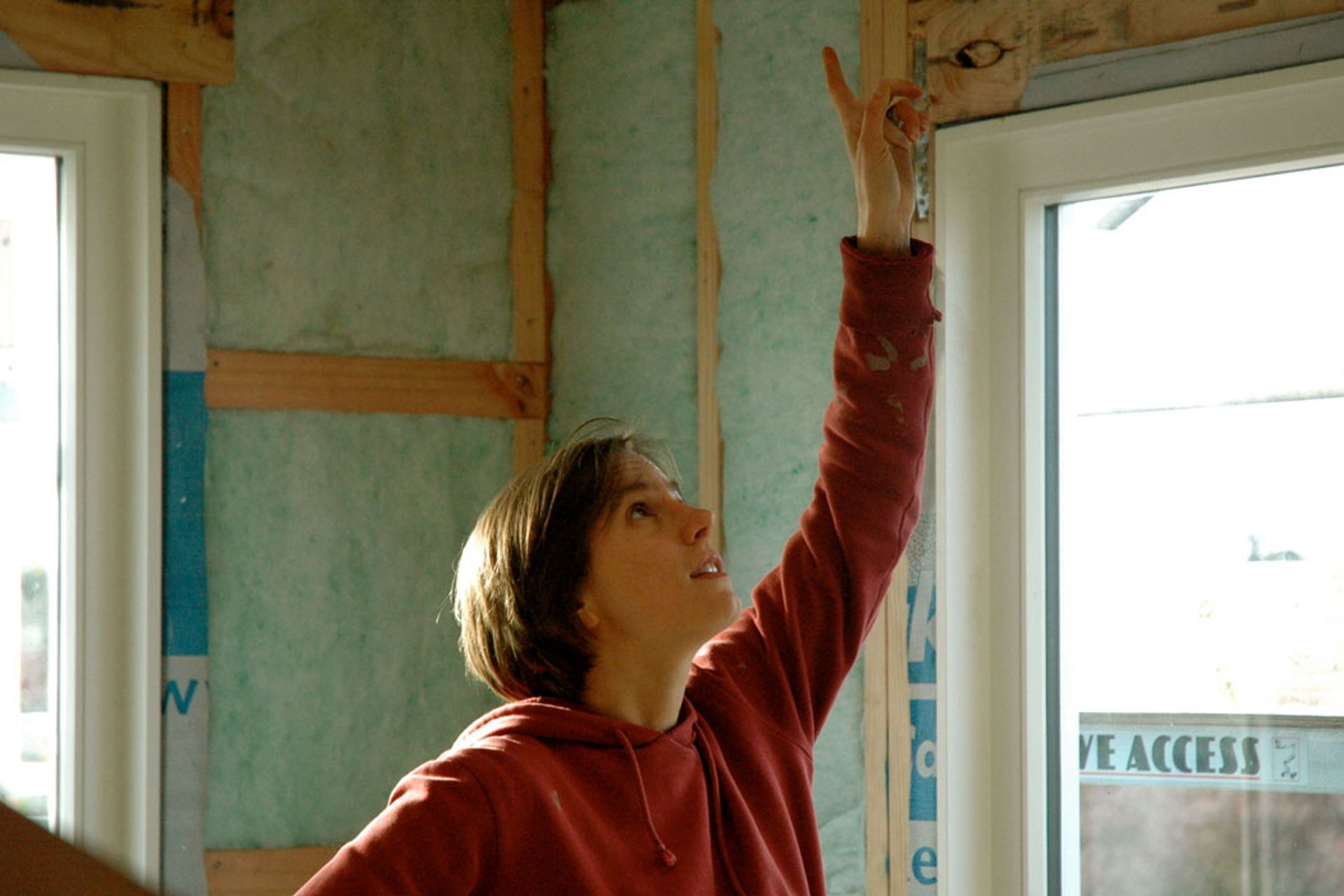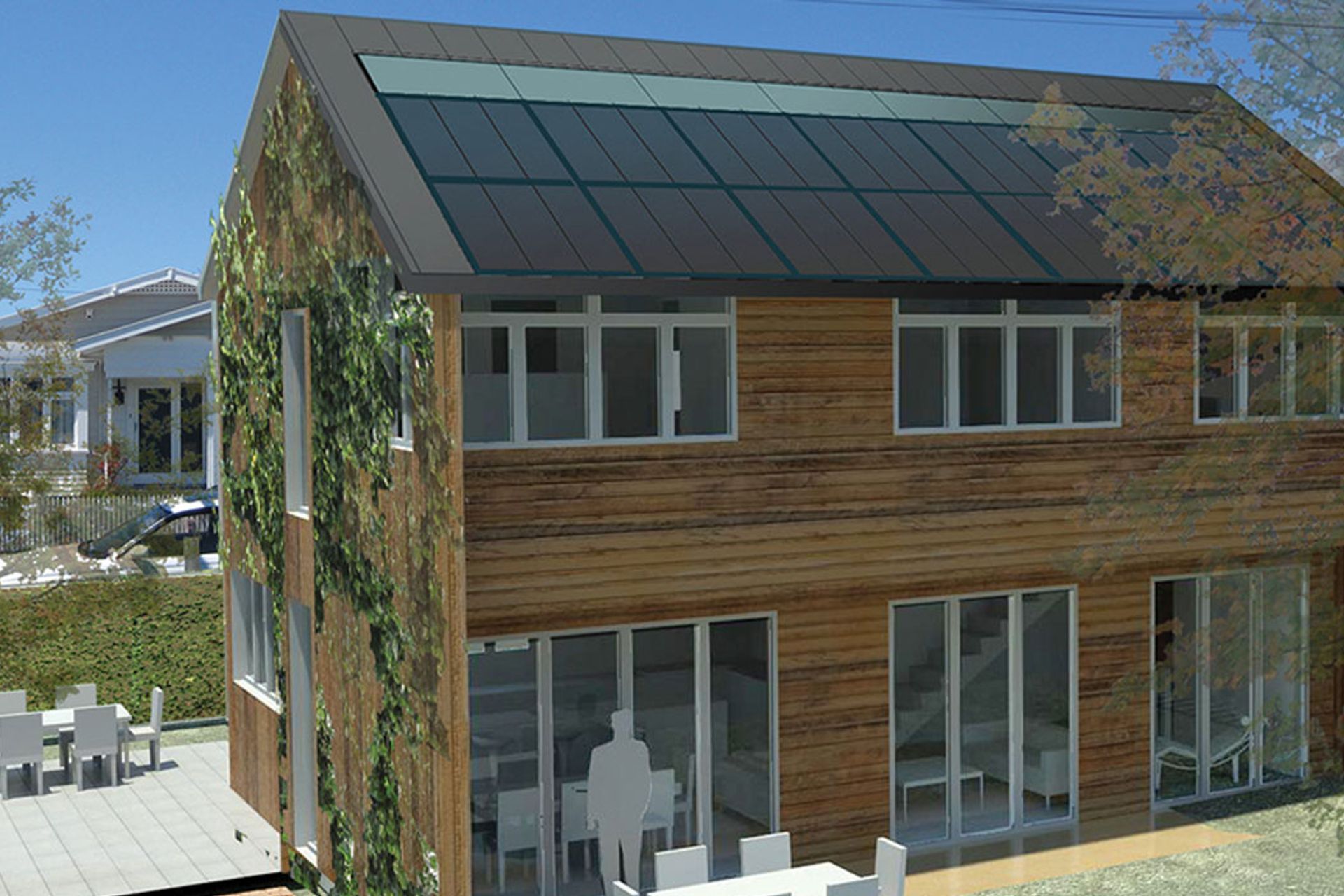About
Zero Energy Insulation.
ArchiPro Project Summary - Zero Energy House featuring innovative insulation solutions for enhanced thermal performance and sustainability, utilizing GreenStuf® products for a healthier living environment.
- Title:
- Zero Energy House Insulation
- Manufacturers and Supplier:
- GreenStuf®
- Category:
- Residential/
- New Builds
Project Gallery



Views and Engagement
Professionals used

GreenStuf®. GreenStuf® insulation is proudly made for Kiwis by Kiwis, manufactured right here in New Zealand. Safe to touch, with no nasty chemicals or airborne fibres, GreenStuf® is a thermal and acoustic insulation made from 100% polyester fibre (like a duvet!). Made with with a minimum of 50% recycled content and made on a zero waste manufacturing line, every element—from packaging to product—is recyclable at the end of its life.
Year Joined
2021
Established presence on ArchiPro.
Projects Listed
10
A portfolio of work to explore.
Responds within
6hr
Typically replies within the stated time.

GreenStuf®.
Profile
Projects
Contact
Project Portfolio
Other People also viewed
Why ArchiPro?
No more endless searching -
Everything you need, all in one place.Real projects, real experts -
Work with vetted architects, designers, and suppliers.Designed for New Zealand -
Projects, products, and professionals that meet local standards.From inspiration to reality -
Find your style and connect with the experts behind it.Start your Project
Start you project with a free account to unlock features designed to help you simplify your building project.
Learn MoreBecome a Pro
Showcase your business on ArchiPro and join industry leading brands showcasing their products and expertise.
Learn More



















